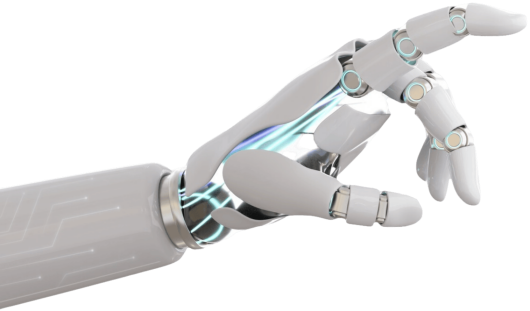
Composite state convergence is a novel scheme applied for the bilateral control of a telerobotic system. The scheme offers an elegant design procedure and employs only three communication channels to establish synchronization between a single-master and a single-slave robotic system. This paper expands the capability of the composite state convergence scheme to accommodate any number of master and slave systems and proposes a disturbance observer-based composite state convergence architecture where k-master systems can cooperatively control l-slave systems in the presence of uncertainties. A systematic method is presented to compute the control gains while observer gains are determined in a standard way. To validate the proposed architecture, MATLAB simulations are performed on symmetric and asymmetric arrangements of single-degree-of-freedom teleoperation systems. Finally, experimental results are obtained using Quanser’s Qube-Servo systems in QUARC/Simulink environment.
State convergence, Composite variables, Teleoperation, MATLAB/Simulink, QUARC.
Muhammad Usman ASAD, Jason GU, Umar FAROOQ, Valentina E. BALAS, Marius M. BALAS, Ghulam ABBAS, "An Improved Composite State Convergence Scheme with Disturbance Compensation for Multilateral Teleoperation Systems", Studies in Informatics and Control, ISSN 1220-1766, vol. 31(3), pp. 43-52, 2022. https://doi.org/10.24846/v31i3y202204